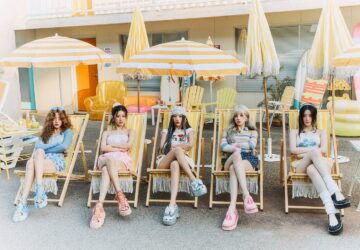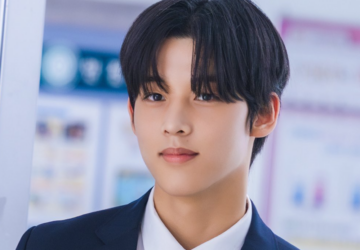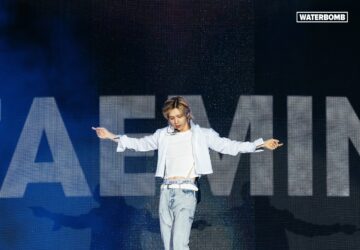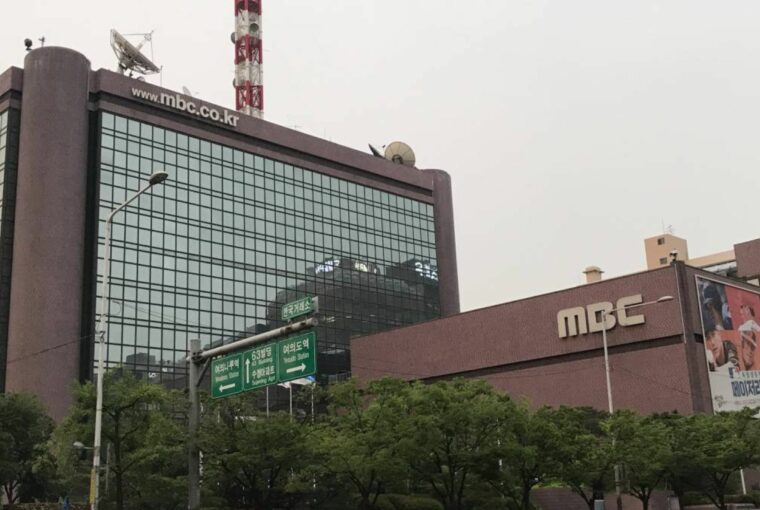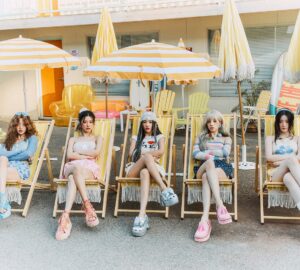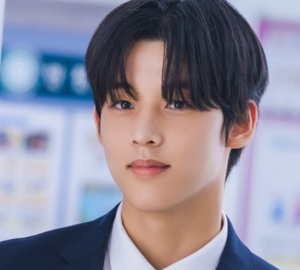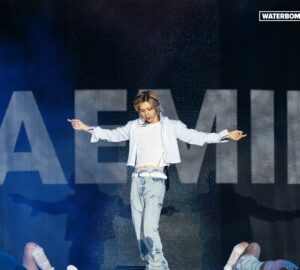The term gapjil, prevalent in South Korean culture, is now a focal point of concern in the entertainment industry. This term describes the abuse of power or authority, where those in superior positions (“gap”) exploit or mistreat those in inferior positions (“eul”).
In the context of the Korean entertainment industry, gapjil translates to broadcasters or other powerful entities imposing unfair demands on artists, agencies, or staff. These unethical practices range from forcing artists to wait long periods to greet production staff after a program, to the winning team paying for after-party expenses, and the stark disparity between high appearance costs and unrealistically low appearance fees.
One idol manager elaborated on this disparity. “Costs can soar to tens of millions of KRW for popular groups. But appearance fees for less popular groups hover around a mere 100,000 to 300,000 KRW. This discrepancy persists, fueled by the belief that appearances are beneficial for promotion.”
MBC 하이브, 4년 만에 화해 음악중심 가요대제전 등 출연
HYBE fights back against ‘gapjil’
Recently, Bang Si-hyuk of HYBE, the agency behind top acts BTS, NewJeans, and SEVENTEEN, made headlines with his visit to MBC. This visit follows MBC’s intention to formally apologize for an implicit four-year ban on HYBE artists. This ban began when BTS skipped MBC’s Gayo Daejejeon to perform at Dick Clark’s New Year’s Rockin’ Eve back in 2019. HYBE’s firm stance, diverging from the norm of agencies yielding for promotional gains, led to an apology from MBC.
In addressing gapjil, HYBE called for the end of unilateral schedule changes, forced appearances, and appearance bans without mutual agreement. Publicizing these issues has been challenging due to the industry’s hierarchical nature and fear of backlash. HYBE’s move comes across as a significant step towards reform.
According to an industry insider, “Music broadcasts remain important for comebacks, despite the rise of online content as a promotional tool. The fierce competition, combined with the reliance on producers’ discretion, can be intimidating to for artists from smaller agencies. Changing the industry overnight is unrealistic, but HYBE has proven there’s hope for fair, gradual improvements.” – K-Pop News Writer
Featured Image: HYBE’s stance in its four-year conflict with MBC proves there’s hope. Source: Trazy.
